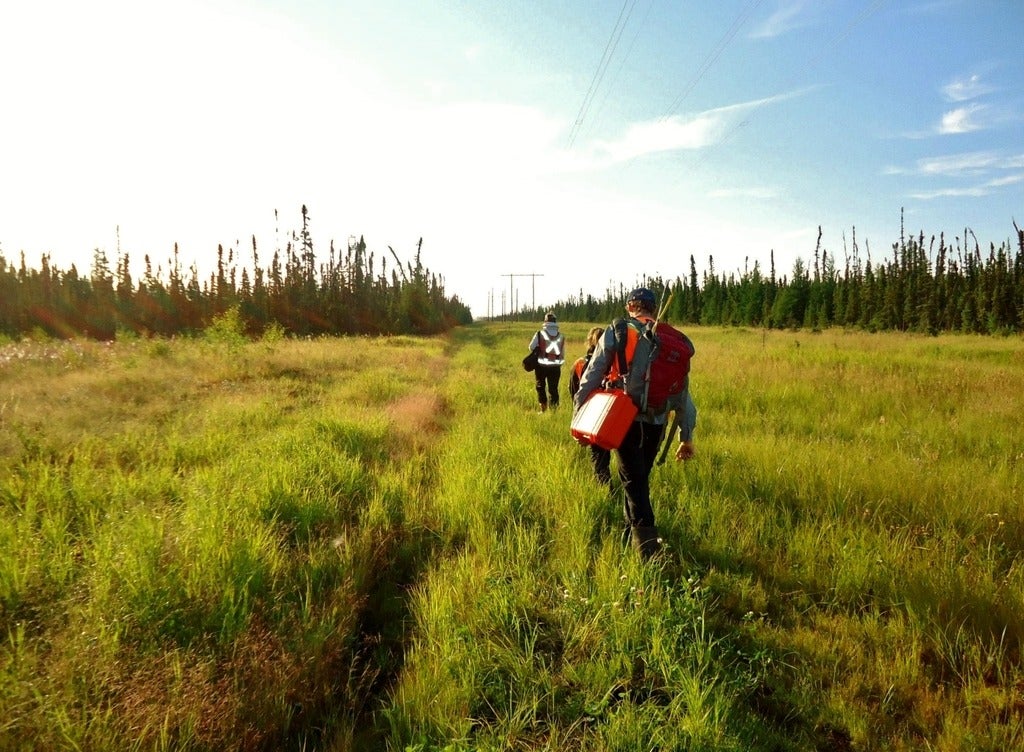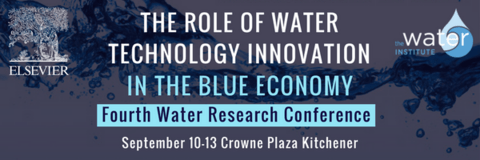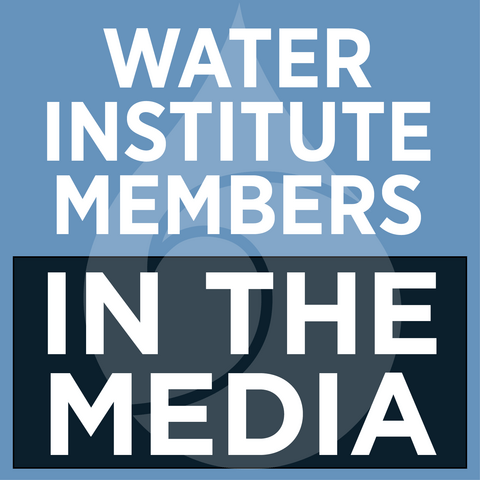Blair Feltmate named chair of Government of Canada expert panel on adapting to climate change
Taking action to adapt to climate change will help protect the health, well-being, and prosperity of Canadians and manage risks to communities, businesses, and ecosystems. Preparing for the effects of climate change before they happen will make our communities stronger and healthier for this generation and the next. That’s why the Government of Canada is making significant investments to help communities build their resilience to climate change as a key part of our plan to address climate change.









